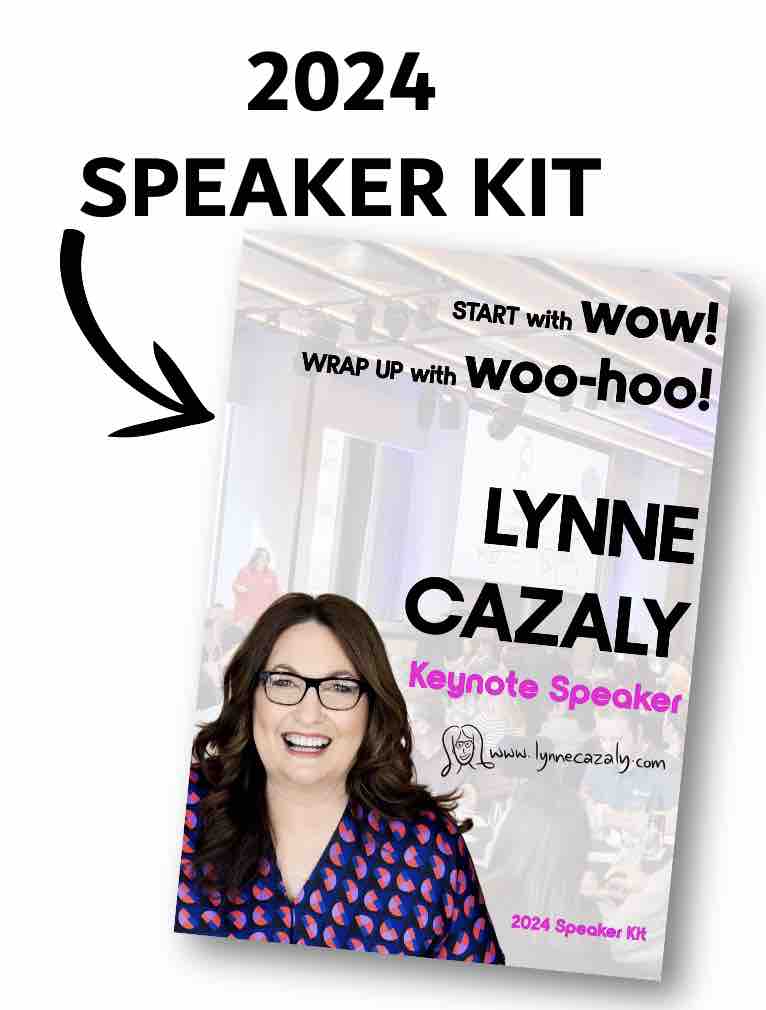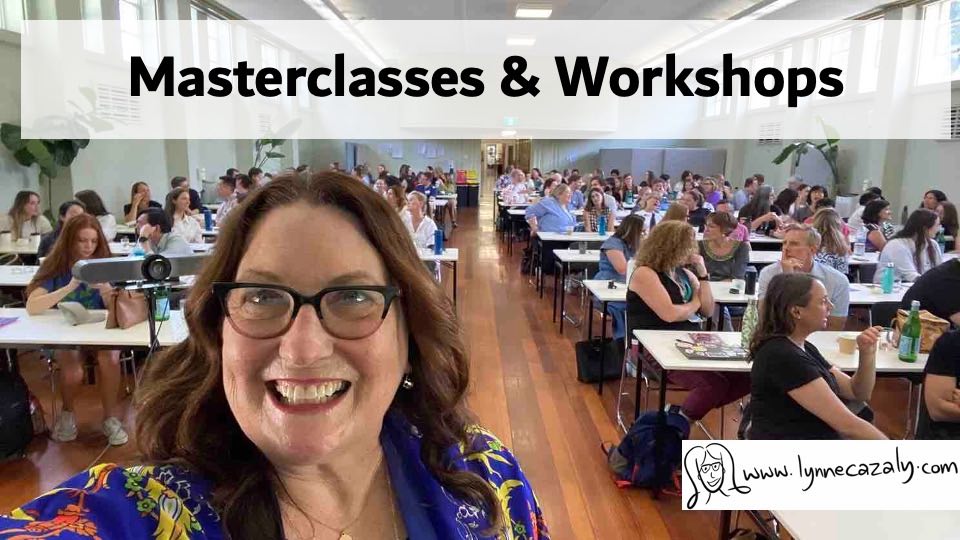It's alive! Is it human?
 Tuesday, January 21, 2014 at 8:44AM
Tuesday, January 21, 2014 at 8:44AM In a planning meeting with a client recently there was lots of talk about 'who'.
Who the audience was. Who the workshop was for. Who would be there. Who needed to be consulted with.
I think that we can too often and too quickly group people into .... well, groups, that we can forget they are people. You know, humans! Alive! You. Me. Us.
When I'm leading a workshop, facilitating a team day or delivering my training programs, as soon as there is talk about stakeholders, clients, customers or teams, one of the tools I use as quickly as possible is a visual that helps humanise the conversation.

I'm helping us see that the groups we're talking about are actually people and not things. (This icon is a 'click and save' image for you this issue for your visual collection.)
It's easy to sketch - look at each of the elements: a 'hill' shape for the body, a circle, two lines for the arms and then the key word for that person, like 'stakeholder'. They're holding their own little sign! A smiley face adds another human element.
A simple thing? Symbolic? Sure, but time and again I've worked with leaders who are driving change, teams who are shifting the way they work and businesses transforming culture and it's always about what people will be doing now and in the future.
We can more easily identify and connect with the human aspects of change when visuals of people are used.
Keep an eye out for how you're representing the important people you work with, collaborate with and want to engage with.
Remember they're people ... and not just a bullet point list of words.

















